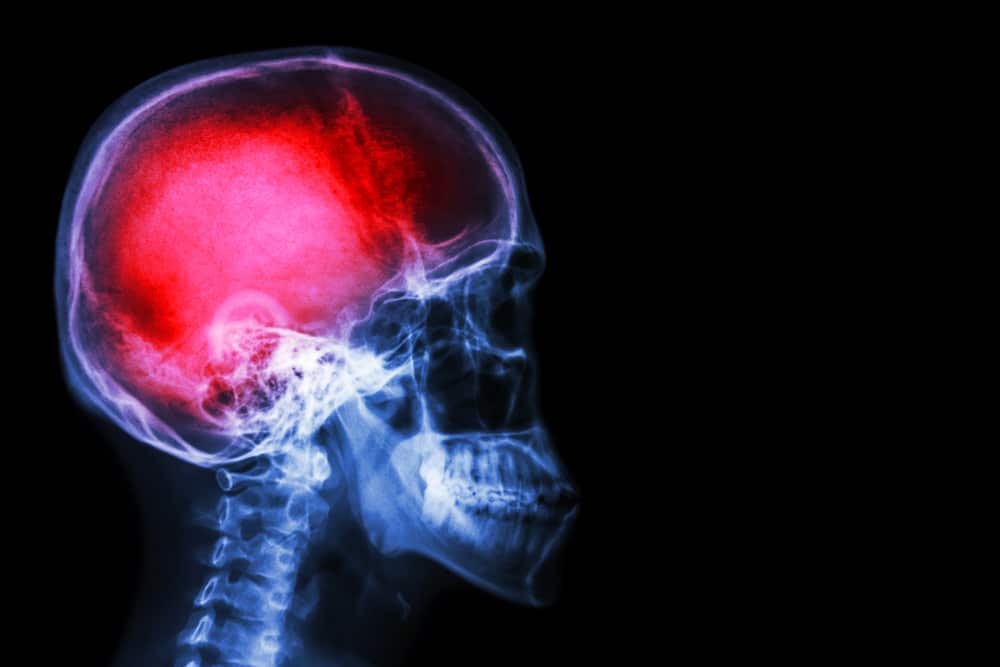
Study of MDMA in traumatic brain injury with a $ 1.5 million donation
In a September 14 press release, Wesana Health Holdings Inc. announced its commitment to provide $ 1.5 million to evaluate the effectiveness of the Multidisciplinary Association of Psychedelic Studies (MAPS) MDMA-assisted therapy for the treatment of traumatic brain injury (SHT).
The funding will enable the MAPS Public Benefit Corporation (MAPS PBC) to activate a team to assess the level of missing resources for the treatment of TBI.
“Wesana is a reputable, thoughtful and ethical company engaged in the development of psychedelic therapies. What Daniel and his team are doing is consistent with the ethics, mission, values and scientific rigor of MAPS, and we believe that together, MAPS and Wesana can provide much-needed relief to the massively underserved SHT population. Data collected from MAPS-sponsored Phase 3 clinical trials suggest that MDMA-assisted therapy appears to be promising in the treatment of TBI. In line with our mission, we are looking for treatments for affected patients who can be helped by MDMA – this is an important step in that direction, “said MAPS Executive Director Rick Doblin, Ph.D.
Recently, MAPS research has focused on MDMA-assisted therapy for PTSD. The first of two Phase 3 studies showed a “clinically significant reduction” in PTSD symptoms in 88 percent of participants.
Existing research suggests that MDMA improves cognitive function in mice with minimal TBI. Like PTSD, TBI can have a profound impact on mental health. Research has shown that the effects on people of color are disproportionate.
It is estimated that over 6.2 million Americans have chronic TBI-related disabilities, not to mention the milder symptoms that also affect daily life. Almost 414,000 Iraq and Afghanistan veterans had a TBI.
“The work that MAPS has done for more than 35 years with regulatory agencies and clinical researchers to guide the FDA’s rigorous and necessary approval process for the therapeutic use of MDMA has pushed psychedelic-assisted therapy to the brink of national – and global – Acceptance provided, ”said Daniel Carcillo, CEO of Wesana Health. “The millions of people with PTSD may soon have access to MDMA therapy, and we believe the millions of people with TBI will experience similar relief in the future.”
This collaboration between MAPS and Wesana will accelerate MAPS PBC’s research schedules and provide additional support for further research, advocacy, education, and equal access to MDMA-based therapy treatments.
Wesana outlined five main goals:
- Gain expertise and information to develop psychedelic-assisted therapy programs for TBI and improve Wesana’s timeline and path to market for its treatments
- Explore Obtaining an Exclusive Commercial License to Use MDMA to Treat TBI
- Assess the sustainability of revenue sharing agreements between the organizations
- Adapting MAPS Equitable Access research projects to develop a meaningful patient access program
- Fund related research managed by MAPS PBC with additional capital
In addition to MDMA, MAPS is driving psychedelic research
MAPS is advancing research on a number of psychedelics with potential in medicine. On August 10, MAPS received a $ 12,979,050 grant from the state of Michigan to fund a study into post-traumatic stress disorder (PTSD) and cannabis.
According to Dr. Sue Sisley, President of the Scottsdale Research Institute and longtime cannabis researcher, this new study is badly needed in the community.
The grant comes from Michigan’s Veteran Marijuana Research Grant Program 2021 and is funded by state recreational cannabis taxes. With the aim of determining the “effectiveness of marijuana in treating the illnesses of US Forces veterans and preventing veterans from suicide.”
The Michigan grant makes it the second clinical trial to administer cannabis drugs or placebos to participating military veterans, and the first study was a huge success, according to MAPS Public Benefit Corporation’s chief science officer, Berra Yazar-Klosinki, PhD.
With Wesana Health’s commitment, MAPS’s MDMA research can now be accelerated.

Post a comment: